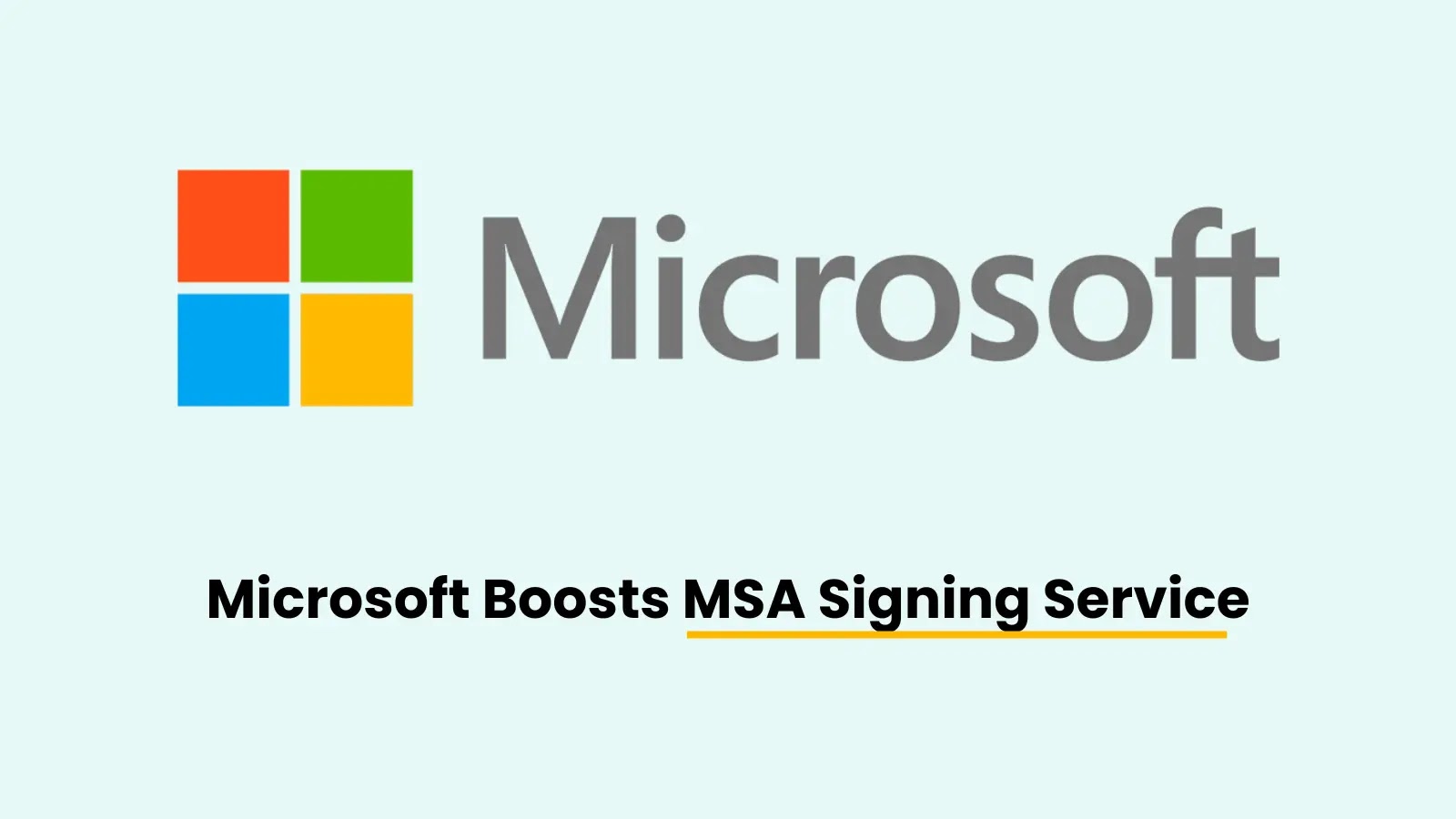Volvo Group North America has recently informed its employees and associates about a data breach that resulted in the exposure of personal information, including names and Social Security numbers. This security incident did not originate from Volvo’s internal systems but was due to a ransomware attack on Miljödata, a third-party human resources software provider. This event underscores the ongoing risks associated with supply chain vulnerabilities in the digital age.
Timeline of the Incident:
– August 20, 2025: Miljödata experienced a ransomware attack.
– August 23, 2025: Miljödata became aware of the attack.
– September 2, 2025: Miljödata determined that data related to Volvo Group personnel had been compromised and promptly informed Volvo Group.
Volvo has confirmed that its internal systems remained secure and were not affected by this breach. The compromised data was confined to the environment of its third-party supplier, Miljödata.
Details of the Compromised Information:
The investigation revealed that the exposed data included individuals’ first and last names in combination with their Social Security numbers. While the exact number of affected individuals has not been disclosed, it is believed to involve several thousand current and former employees. This exposure places them at an increased risk for identity theft and fraud.
Volvo Group North America’s Response:
In response to the breach, Volvo Group North America has taken several steps to mitigate potential harm:
1. Notification: The company began notifying affected individuals by mail in September 2025.
2. Identity Protection Services: Volvo is offering a complimentary 18-month subscription to Allstate’s Identity Protection Pro service. This service includes:
– Tri-bureau credit monitoring
– Dark web monitoring
– Financial transaction monitoring
– Full-service identity restoration support
Affected individuals will receive instructions on how to enroll in these services via email and a welcome letter.
Recommendations for Affected Individuals:
Volvo Group urges all potentially affected individuals to remain vigilant against incidents of identity theft and fraud. The company recommends:
– Monitoring Credit Reports and Financial Accounts: Regularly check for any unusual activity.
– Being Alert for Phishing Attempts: Be cautious of emails or phone calls that may use your exposed information.
– Considering Fraud Alerts or Credit Freezes: Place alerts or freezes with major credit bureaus to prevent unauthorized access.
Broader Implications and Context:
This incident is part of a series of cybersecurity challenges faced by Volvo in recent years:
– December 2021: Volvo Cars reported a breach where a limited amount of R&D data was stolen. The company stated that this did not impact customer car safety or personal data. ([media.volvocars.com](https://www.media.volvocars.com/global/en-gb/media/pressreleases/292817/notice-of-cyber-security-breach-by-third-party-1?utm_source=openai))
– January 2023: A threat actor claimed to have stolen sensitive data from Volvo, including information on vehicles sold to law enforcement. The company acknowledged awareness of the alleged breach and conducted an internal investigation. ([cybernews.com](https://cybernews.com/news/attacker-claims-volvo-suffered-data-breach/?utm_source=openai))
– April 2023: A Brazilian Volvo retailer, Dimas Volvo, leaked sensitive files through its website, exposing database authentication information and application keys. The issue was promptly addressed after discovery. ([cybernews.com](https://cybernews.com/security/volvo-retailer-leaks-sensitive-files/?utm_source=openai))
These incidents highlight the persistent and evolving nature of cyber threats in the automotive industry. They underscore the importance of robust cybersecurity measures, not only within a company’s internal systems but also across its supply chain and third-party vendors.
Conclusion:
The recent data breach affecting Volvo Group North America serves as a stark reminder of the vulnerabilities inherent in third-party partnerships. As cyber threats continue to evolve, companies must remain vigilant, ensuring that both internal systems and external collaborations are fortified against potential breaches. For individuals affected by such incidents, proactive measures, including monitoring financial accounts and utilizing offered identity protection services, are crucial steps in safeguarding personal information.



